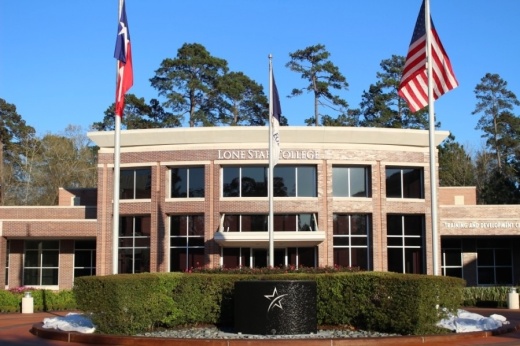The presentation came about following public comments during the board’s previous meeting Aug. 11, when residents asked for additional exemptions following high appraisals and the effects of inflation.
For the fiscal year 2022-23 budget, homeowners receive a 1% of the market value or $5,000 exemption, whichever is greater, according to LSCS’s website.
LSCS Chief Financial Officer Jennifer Mott presented several possible options for the board of trustees if they choose to increase the exemption to the 20% maximum allowed by the state.
According to Mott, the average home in Lone Star College is appraised at around $285,000, and with the current 1% homestead exemption owes around $302 to LSCS.
Mott said with the current data available, if the 20% exemption were possible for taxpayers right now, it would save taxpayers around $56.14 per year and cost LSCS around $17 million in revenue.
“That is quite a bit of disparity between those,” Mott said. “For Lone Star College, we have a very large and healthy tax base, I have mentioned that before in our budget presentations, because that is not true for all community colleges. This is why you are going to see a significant difference between any given individual and the impact on Lone Star College.”
Mott said the $17 million presented is around 4% of LSCS’s total budget.
During her presentation, Mott suggested a phased-in approach to increasing the exemption by around 4% per year until FY 2027-28 if the board elects to take the approach. Any changes to the homestead exemption cannot be made this year as the deadline to do so was July 1.
“This is just one scenario,” Mott said.
Mott said she built the estimates based on an anticipated 5% property growth value for FY 2022-23 and FY 2023-24 with a 3% growth each year after. With the phased-in approach, the total annual taxpayer savings would be $72.71 and have a total impact on revenue of $22 million by FY 2026-27. The estimates were built on the assumption of each household taking the exemptions.
“I would like us to review this and other scenarios for the homestead exemption within the larger context of our financial plan once we have better information where our enrollments are this year, [and] the state Legislature is meeting this year,” Mott said.
Mott added the discussions could continue with more information during the board’s budget retreat in February.
No further action was taken on the presentation.





